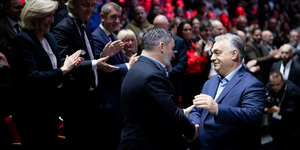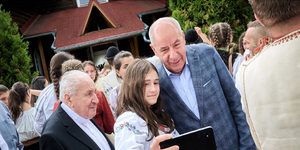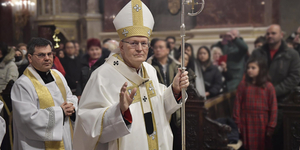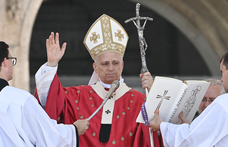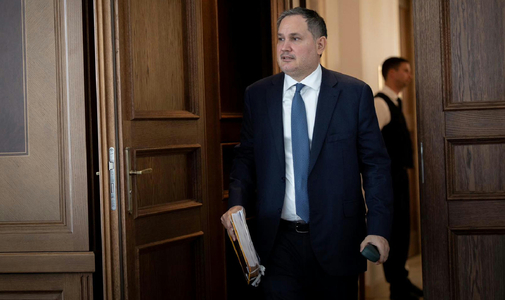Pitied minority
Oops, diplomacy!
A lack of preparation has meant that Istvan Hiller, the minister responsible for religious affairs, has not been received in the Vatican. Hungary is supposedly trying to come up with a coherent, modern foreign policy strategy. This strategy supposedly calls for an effective and skilled diplomatic corps whose opinions are listened to by the decision-makers. Kinga Goncz has a huge task ahead of her: she must come up with this strategy, and then build up the institutions that will implement it.
Morvai v Peto
The war in Lebanon has drowned out the sound of another battle that has since come to an end. Krisztina Morvai, the Hungarian delegate to CEDAW, a UN organisation that fights discrimination against women, has managed to prevent her designated successor Andrea Peto, a historian and sociologist from taking her seat on the commission next year.
Tolerable difficulties
What do the multinationals think of Hungary? What benefits do multinationals see in setting up shop in Hungary? HVG polled directors of the 50 largest-turnover companies.
Not such an excellency
After his first year in office, we know what kind of president Laszlo Solyom does not want to be. Over the summer, his influence and popularity have sunk to new lows. Up until now he has barely been able to show the positive sides of his presidential style.
"Diplomacy is not the same as foreign policy"
It is wrong to see values and the national interest as being in opposition to each other in the field of foreign policy, according to Matyas Eorsi, the 52-year-old president of the Parliamentary European Affairs Committee, who has little faith in the EU as far as human rights and minority affairs are concerned.
Exclusive Interview with National Bank President Járai
The 2010 deadline for adapating the euro cannot be reached, but as of now a later date has not been set. The so called Convergence Plan is under construction, but how and by whom still remains a mystery. The economic program devised by PM Gyurcsány is fundamentally flawed, it is based on raising taxes and prices instead of cutting expenditures. Zsigmond Járai, President of the Hungarian National Bank provided this picture in an ex exclusive interview to hvg.hu
Hungarian real estate
People are having to get used to the idea that their main asset, their house, flat or land, is declining in value in real terms, and that this process will accelerate as a result of government spending cuts.

